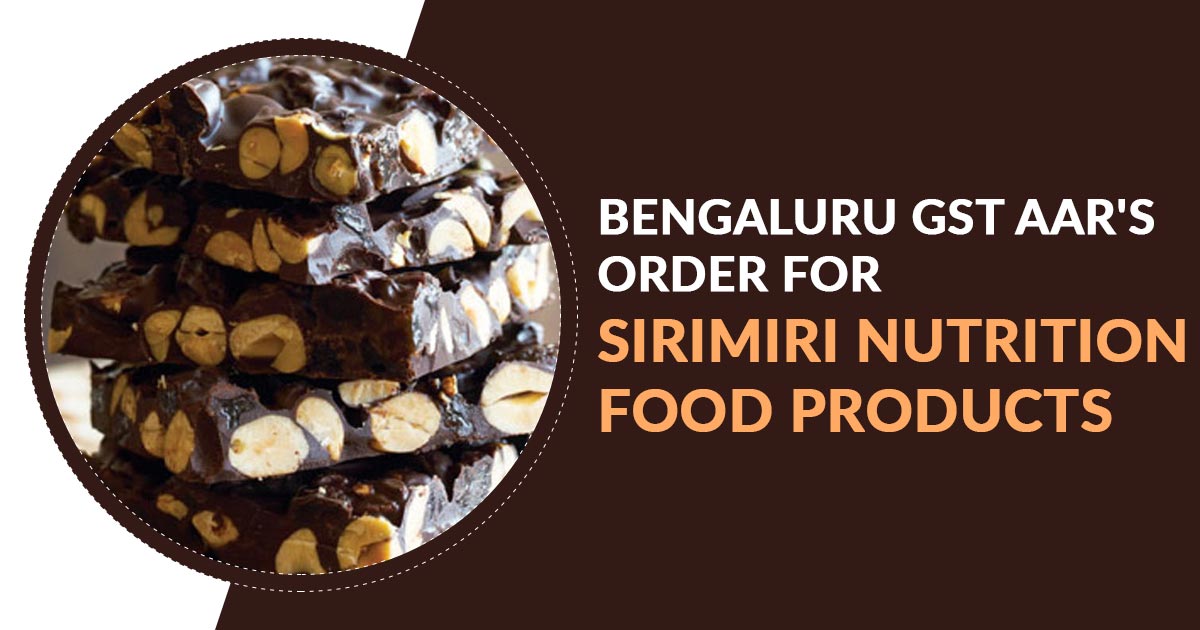
The popular jaggery-based Indian confectionery, Chikki, comes in so many different flavours. The market offers a delightful array of Chikki flavours, ranging from the classic sesame (til) chikki to the immensely popular peanut chikki and the rich dry fruit chikki. However, the introduction of cocoa powder to create a new chocolate peanut chikki takes it to a whole new tax section, subjecting it to the higher GST tax of 18%.
The GST-Authority for Advance Rulings (GST-AAR) recently issued a ruling in the matter of Sirimiri Nutrition Food Products, a chikki manufacturing company based in Bengaluru. According to the ruling, the company’s range of chikki products, including new variations like dry fruit chikki and spirulina chikki, will be eligible for a 5% GST rate. These particular chikki products were considered under Chapter Heading 17 as ‘sugar confectionery not containing cocoa’.
However, the situation differs for the ‘chocolate-peanut chikki,’ as the GST-AAR, Karnataka bench determined that this product contains cocoa powder. Consequently, it falls under Chapter 18, which pertains to chocolate and other cocoa-containing food preparations. As a result, the ‘chocolate-peanut chikki’ will be subject to a higher tax rate of 18%.
According to Harpreet Singh, indirect tax partner at KPMG-India, cooked or semi-cooked package food items contain a range of ingredients to satisfy varied consumer tastes; these may have distinct manufacturing procedures, interchangeable names, multiple end-uses, and so on. These factors make GST classification difficult and open to various interpretations, which leads to litigation.
Many such situations have been observed. The Gujarat AAR ruled in the case of Amul that flavoured milk (milk with sugar and additional flavours) would be subject to 12% GST. However, the Gujarat AAR determined that lassi, a fermented milk drink, would be free from GST in another case. Similarly, while a fruit-pulp or fruit-juice-based tetra pack may be subject to a 12% GST if it is fizzy, the basic GST rate is 28%, plus a compensatory cess.
Read also: AAR: 5% GST Are Subjected to Chocolate Manufacturing Jobs
Further, Singh added that there are numerous such situations. A less number of GST slabs or a single rate on all food goods, regardless of differences such as ingredients, method of consumption, and so on, would reduce GST disputes.
| Case Title | M/S. Sirimiri Nutrition Food Products Private Limited |
| Order Number | 29AAZCS8693PIZL |
| Date | 13.07.2023 |
| Respondent | Sri. Srinivas R Gururajan, Managing Director |
| Bengaluru GST AAR | Read Order |









